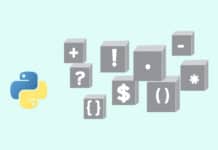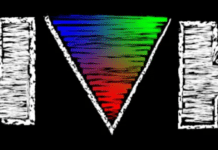Most companies have acknowledged the immeasurable use of Hadoop for data processing and revealed the fact that how their daily operations are focused on implementing various important techniques of HDFS. Leading the world of big data training and analytics, Hadoop performs tons of functions efficiently, with its ever-evolving features and applications, catering to the contemporary and changing behaviors of excogitating data.
According to researches and forecasts, Hadoop will acquire a $50 Billion market soon. If it has been this successful, why do we ever require something like Spark? When the purpose of both is to deal with massive amounts of data and work as data processing frameworks, why invented Apache Spark? These questions arise often from Big data Professionals, who are vacillating about choosing between the two.
When asked from one of the analyst team, we understood that Spark employs a faster way to apply Hadoop operations. The difference also lies in their approaches to storing and utilizing data, which doesn’t imply that Spark is outperforming or will replace Hadoop in the industry. Here are few differences based on several parameters that will be helpful in understanding the use cases and when to apply what big data approaches.
-
Hadoop stores data on the disk, whereas Spark uses in-memory to save and store big data. The latter shifts to the disk when required. Spark places data between map and reduce phases so as to eliminate the need for moving back to disk every time, especially when it involves multiple iterative computations on the same data.
-
Spark uses Resilient Distributed Datasets (RDD), using a smarter way of assuring fault-tolerant operations, minimizing the input/output operations and thus, gaining speed.
-
Another important difference that forced the introduction of Spark is the latency problem with Hadoop MapRedce, which mentions that the batch mode response for all real-time applications is tiring while processing and analyzing data.
-
Speeding up its memory analytics to 10-100X faster than Hadoop, Spark provides ease of deployment and management at budgeted prices. However, it does not provide an independent storage system, which again brings Hadoop into the picture.
As mentioned, Spark does not use its own system for organizing big data files in a distributed manner, it has to involve one from the third-party. Here, the outside partner is none other than Hadoop -HDFs and MapReduce. Without the knowledge of origin, you can never work bring advancements and work for the progress. In this context, this saying holds true for Hadoop as most enterprises working with big data installs Spark on top of Hadoop (the elementary platform). The advanced and progressive analytics applications of Spark are applied using the Hadoop distributed file system (HDFS).
Henceforth, there is no comparison when it comes to choosing between these two big data software. You can just choose both and use them together for better analytics and storage. If you are an existing user of Hadoop, you can now step ahead and take Apache Spark training so that you can implement modern techniques and benefit your business with big data innovations.







































































